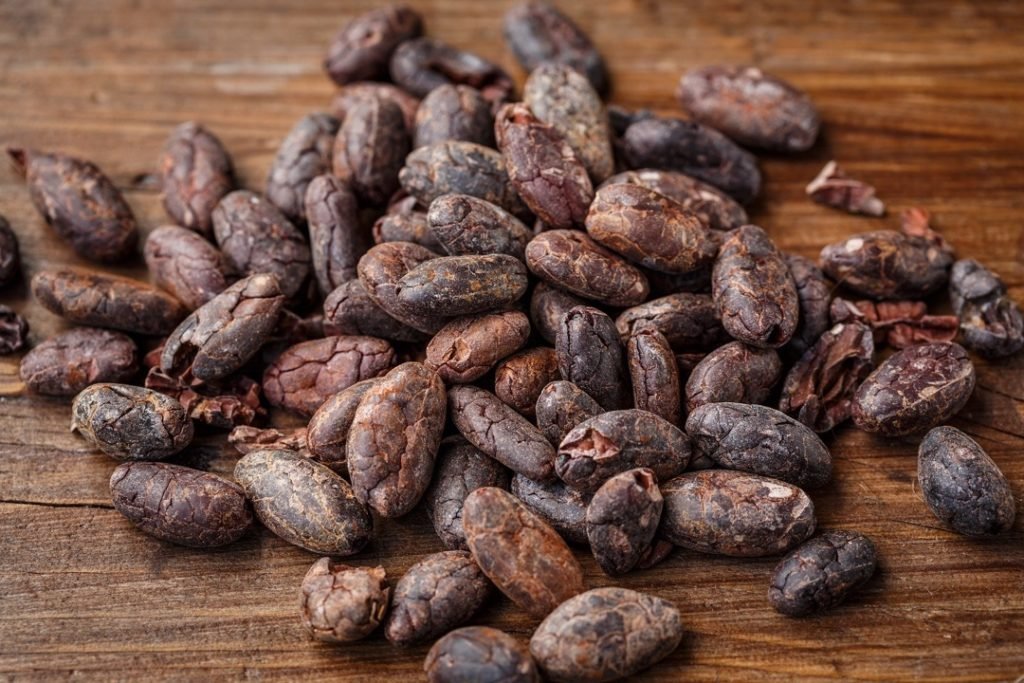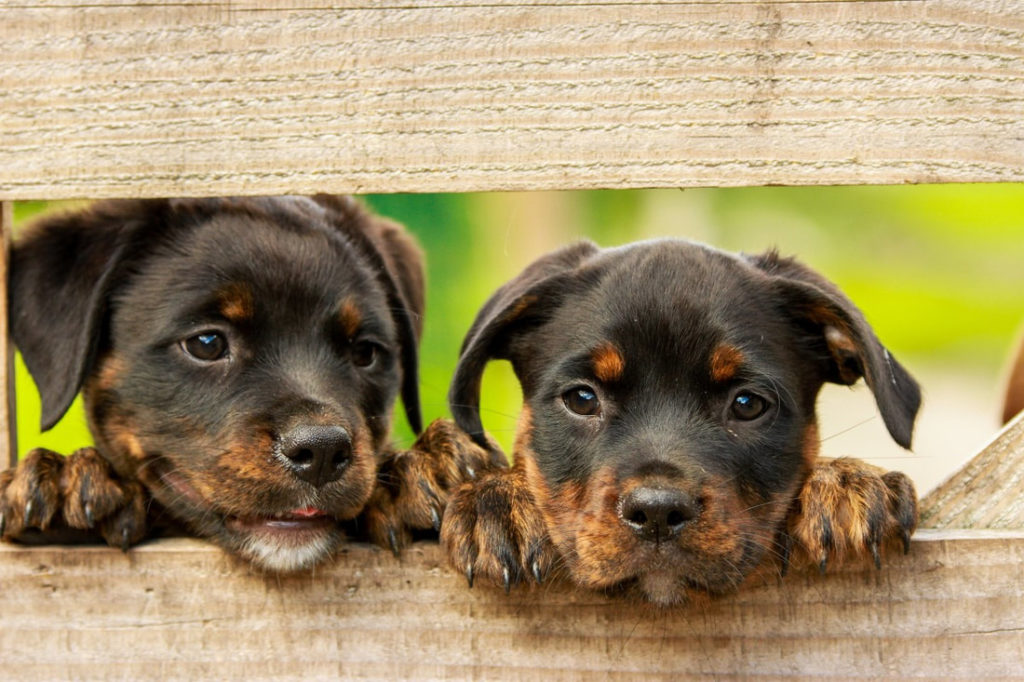Pets like cats and dogs are naturally curious animals. They want to satisfy their curiosity, and going outside to the garden is one of the ways to do this. Getting your pet outdoors will expose them to both good and bad things. Thus, keeping your pets safe is part of being a responsible pet parent.
Pets deserve great things to live comfortably, from food, shelter, a safe environment, and cute pet supplies.
So, how do you make the garden safe for your fur family? The following article gives you the tips to achieve this.
Get Rid of Dangerous Plants
Some plants are harmful to your pets, especially if you have nibblers. The plants might look beautiful outside, only to have toxic elements inside.
Examples of toxic plants include Irises, Hyacinths, Daffodils, Tulips, and Spring Crocuses. Other examples include Yews, Azaleas, Rhododendrons, Buttercups, Nightshade, Horse nettle, Woody Aster, Tulip, and Crocus Bulb. All types of lilies are harmful to your pets. If your cat accidentally consumes them, they can develop kidney failure.
Eating these plants may cause your pet to develop diarrhea, vomit, and sometimes drooling. The most dangerous plant part is the bulb. Hence, If your pet is a digger, there is a need to be more cautious.
Crocuses blooming in the fall have more severe effects. If pets consume it, it can result in excessive vomiting. Sometimes it may lead to bone marrow and organ damage.
Also, avoid thorny and prickly plants like yucca, cacti, blackberries as they can result in severe damage if your pets come in contact with them.
You can replace these plants with pet-friendly plants like African Violet, Baby Tears, Celosia, Snapdragon, Bachelors Buttons, and Gloxinia.
Clean the Pet Supplies
Pets need a lot of supplies from leashes, collars, microchips, bowls, beds, treats, and toys. These supplies get dirty, just like your personal belongings. Hence it’s necessary to clean pet supplies, both that you store inside and in the garden.
You are responsible for providing a clean and safer environment for your pet to thrive. You want to stop the growth of mold, bacteria, and other germs that will harm your pet.
Apart from cleaning the pet supplies, having a secure and reliable place to access pet supplies at reasonable pricing is essential. It doesn’t matter whether it’s online or offline. Your pet should enjoy the life it deserves without you stressing to make that happen.
Fence the Vegetable Garden
Some edible plants like chives, onions, leeks, and garlic can be harmful to your pet if ingested in large amounts.
Unripe tomato plants have a substance called tomatine and may cause heart issues and vomiting. Ripe tomatoes aren’t that dangerous. The tomatine decreases when the fruits ripen.
Here are some tips for fencing your vegetable garden.
- A raised bed out of reach to your pet – A six-foot wall can deter most dogs from entering the gardening area. Sometimes you have to go seven or eight feet if your dogs are high jumpers.
- Use strong material for the fence – Strong materials can withstand any attack. The pets should find it difficult to create any gaps and holes. They shouldn’t be able to dig their way out. Also, use a layer of chicken wire under the surface to keep them away.
- Use hanging baskets to keep plants away from your furry animals.
Clean Up the Garden
Don’t let the waste sit down in the yard once you have done weeding or trimming. Your pet can easily be tempted to eat a pile of grass clipping, tree needles, and other garden waste lying around.
It can be hard to tell they’ve eaten something if you’ve left them unsupervised in the garden. Unfortunately, if your fur animal consumes these, it might need surgery.
Keep Pets Away from Fertilizers, Herbicides, and Pesticides
When applying any fertilizers, herbicides, or pesticides, always ensure your pet are indoors. Read the product label to know when it would be safe to enter the sprayed area.
Organic fertilizers are just as dangerous as non-organic ones. Decaying plant matters may contain toxins that can result in pet seizures. Toxic food leftovers like onions and grapes may be present in partially decayed compost.
Bone, blood, and fish meal are enticing to dogs. Unfortunately, they are likely to suffer from stiffness and muscle pain after consuming them. These products can clump in the GI tract or the stomach, thus causing a blockage.
Store these products away from these animals.
Avoid Using Rodent Poison
To get rids of moles and voles in your garden, you might want to use poisonous baits in peanut-shaped, brick-form, or granule pellets. Unfortunately, your pet can access these products without your knowledge, which is hazardous to their body.
Also, don’t let your furry member hang around your neighbors garden since it’s difficult to tell what is there.
Avoid using Cocoa Bean Mulch

Cocoa bean mulch has been existing in many kitchen gardens for years. Many homeowners use it in place of wood mulch as it’s attractive and has a longer shelf life.
Dogs find cocoa bean mulch irresistible. However, these beans are dangerous for dogs. If ingested, your dog can vomit and tremble.
If ingested in large amounts, it can result in rapid heart rates, diarrhea, seizures, and death. Also, cocoa beans can be harmful to cats, but cats are unlikely to be attracted to them.
If you have these plants in your garden, uproot them. If you aren’t sure, just smell around for the smell of chocolate. If you find a plant that smells like it, remove it.
Access to Water
Fill the water bowls in the garden every time you release your animal outdoors. You don’t want to keep them dehydrated for a longer period. Waters assist pets to function appropriately. It also nourishes the body and flushes toxins from the pet’s system.
Place the water in a bowl strategically to keep it cool. Constantly check it to ensure it’s clean.
Take Action Immediately
Your cat or dog is likely to consume something toxic from the garden when you are unaware. If you suspect your pet has eaten something from the garden, poisonous or not, you might want to call your vet immediately. Also, it’s best to have some first aid items with you.
Your first aid kit should contain an item like 3 percent hydrogen peroxide, which helps induce vomiting. Only use it with your vet’s recommendations, as some substances are unsafe to vomit out.
Wrap up
It’s only natural for your pets to go outside and enjoy the cool air and good weather sometimes. Hence, it’s necessary to provide an excellent and safe environment not to suffer consequences. Get rid of anything that might harm your pet.
Also, don’t forget to take the necessary precautions to prevent anything disastrous.
It’s always better to be safe than sorry!






